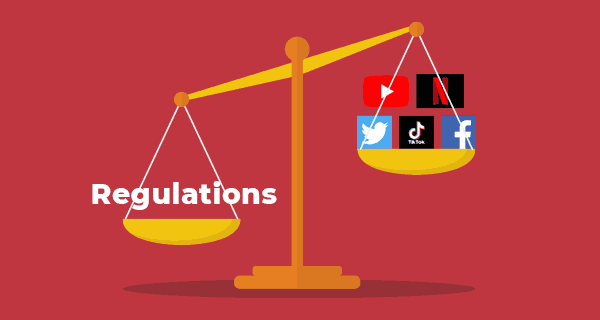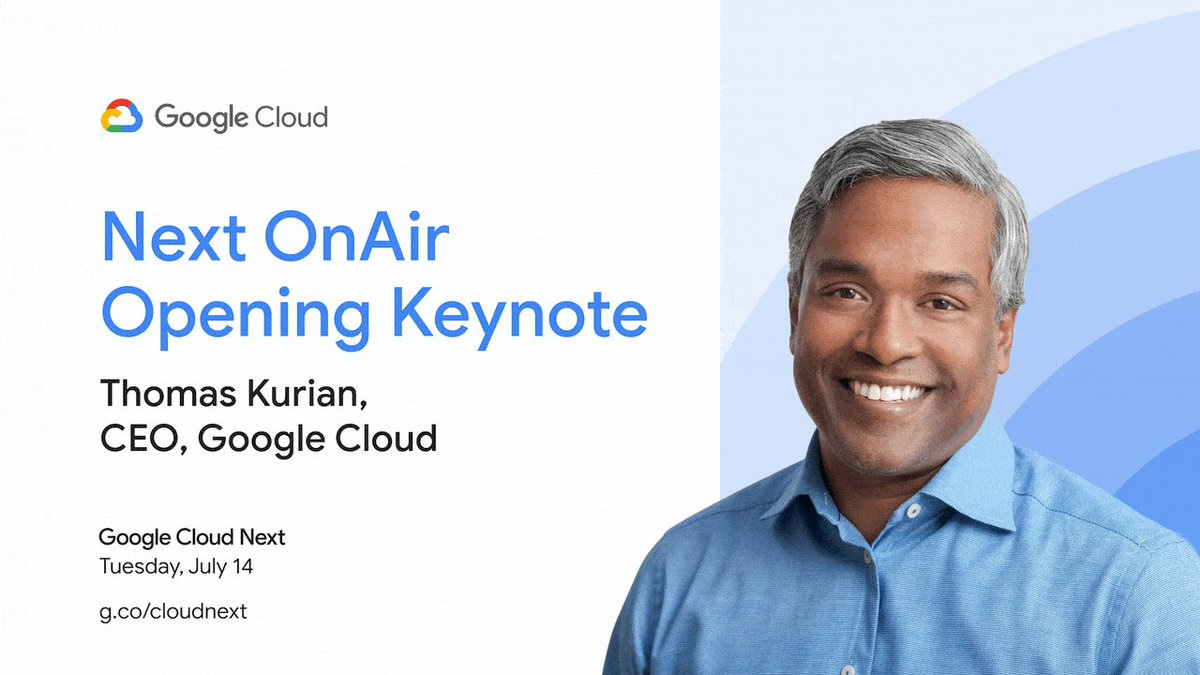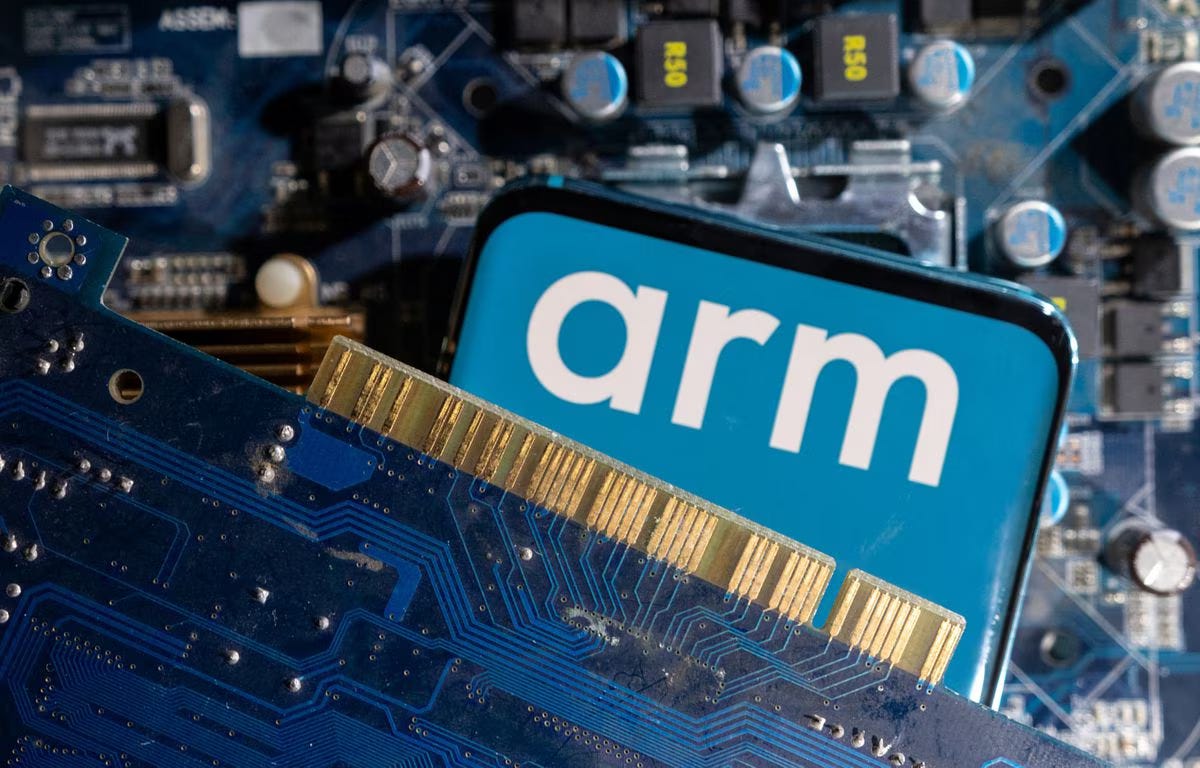AI: Google prime candidate for partial Spinoffs and AI Leverage. RTZ #624
...Google's formidable 'sum of the parts' cascading AI opportunities
On this week’s ‘Trends with Friends’ podcast, I made another argument (at the 16 minute mark), for Google’s formidable position in the AI Tech Wave ahead. Especially given its leadership position in AI technologies today and into tomorrow.
And to consider even a partial spinoff of some of its assets (19 minute to 22 minute mark), to position them better in this AI Tech Wave. I urged Google’s board and senior management to consider even minority spinoffs of key Google properties like Google Cloud, YouTube and potentially others, to gain key competitive operational advantages vs peers. Both against tech incumbents and AI startups.
This was before the parent company Alphabet’s fourth quarter earnings release, which drove the markets to take the stock down 7%, trimming billions in market cap vs big tech peers. It’s Mr. Market’s way of constantly digesting the short vs long term, driven increasingly by AI driven algorithmic/quantitative trading.
The bottom up case for Google to do this, even ahead of the Remedies phase of some of the government antitrust judgements and rulings, is compelling for Alphabet/Google investors.
Especially when one considers the now $75 plus billion in AI infrastructure spend by Google, keeping pace with the similar sums being expended by peers like Microsoft ($80+ billion), Meta ($60+ billion) and more. While Wall Street is debating this AI spend vs revenue opportunities.
A key benefit of spinoffs is for the spun off entity to start competing like a world class standalone company in space with wide open new market opportunities driven by AI.
A case in point it Google Cloud, which is the no. 3 Cloud/AI infrastructure provider behind Microsoft Azure and Amazon AWS, both no. 2 and 1 respectively.
That unit has been punching above its weight, led by its CEO Tom Kurian, and has raised its profile and profitability WITHIN Google by sheer hustle and execution.
The Information covers it well in a piece worth reading in full, in “How Google Cleaned Up Its Cloud Act”:
“Thomas Kurian hasn’t unseated Amazon and Microsoft from the top of cloud computing, but at Google Cloud, since becoming CEO in 2019, he has still done the improbable by turning profits and creating buzz for the unit inside the company.”
“Kurian’s role in the efforts, which hasn’t been previously reported, illustrates how he has used financial discipline to transform Google Cloud from a money-loser into a money-maker, one that’s now firmly established as the No. 2 business at Alphabet—Google’s parent company—in terms of revenue. His approach has been particularly important at a time when Google Cloud is pouring a fortune into building generative AI products for businesses, so far without seeing a return.”
“Kurian’s bean counting has extended to other areas, including sales. In recent years, he has capped commissions for its sales teams, which he had tripled in size after he first got to the company, and set limits on the discounts its resellers can provide to customers to close deals. (Google Cloud’s overall investment in resellers has increased under Kurian, and it has boosted funding to partners that provide consulting services for projects involving its artificial intelligence services, said a person close to Google Cloud”.
Part of the opportunities around a spinoff have to do with more transparent cost and profit accounting as a standalone unit. Something Kurian has to fight for internally to switch its position within Google from loss to profit making position by internal hustle:
“Kurian’s efforts to revise Google Cloud’s deal with its internal technology department weren’t trivial. In early 2023, Alphabet disclosed in a securities filing that it had changed how it allocated costs internally “to provide our business leaders with increased transparency for decision-making.”
“As a result, Google Cloud got a break on certain costs, while other parts of Google had to pay more. The change prompted Alphabet to restate Google Cloud’s 2022 operating loss to $1.9 billion from $2.968 billion, accelerating the unit’s push to turn a profit.”
Google Cloud, which was almost shut down a few years ago by the senior executives, has made quite the turnaround:
“Seven years ago, Google Cloud’s status at the company was looking precarious.”
“At the time, Google executives were so frustrated with the pace of progress at the unit that top executives, including then-CEO Larry Page, debated whether to shut the cloud business down entirely. The executives set an internal goal of becoming first or second in the cloud market by 2023.”
“That didn’t happen. For years, Google Cloud has been the No. 3 cloud provider, with 13% of the global market for cloud infrastructure services in November, behind 20% for Microsoft and 31% for Amazon, according to Synergy Research Group.”
“But Google Cloud has become a healthier business. Its market share is up from just 7% at the end of 2019, according to Synergy Research estimates. Revenue in 2020 was $13 billion. In 2023, it was $33 billion. That positions Google Cloud behind only the colossus of Alphabet’s revenue source—advertising, which in 2023 brought in $237.9 billion.”
Again, the whole piece is worth reading to understand the scope of the Google Cloud changes and its opportunities ahead.
But my point is that there are similar opportunities at Alphabet/Google with other units like YouTube, Gmail, Chrome, Android, and many other properties. Google is unique in having direct distribution to billions of users, BEYOND its core Search business, with Google Docs, Drive, Gmail, Photos, Android, Chrome/Chrome OS, and many others. Each with billions in daily users. Each with amazing opportunities to enhance and leverage its businesses with Google’s core Ai technologies like Gemini, from its powerhouse divisions like Deepmind and others.
And these businesses can be turbo charged on the Ad side, leveraging Gemini for AI ad tools and services. It’s something that its peer Meta is already doing aggressively. And doing it well.
The Information points to this opportunity with Google Cloud itself:
“Earlier last year, executives who buy ads from Google on behalf of large brands began noticing some curious changes: Google ad salespeople began pitching them on also buying Google Cloud products, said two of those executives.”
There are a wide array of options on how Spinoffs can be structured. Those are details that bankers like my former Firm and others can well advise on.
But the bottom up point from the perspective of Alphabet/Google shareholders today is that some proactive Spinoffs, even of minority stakes, can provide meaningful financial leverage in separate entities, for the AI investment and revenue opportunities ahead.
Note how Softbank founder/CEO Masayoshi Son has already leveraged his 90% ownership of semi chip leader ARM Holdings into a 10% public stake valuing the whole at over $130 billion in just a couple of years. And made it a key component of his recent Stargate AI Infrastructure partnership of $100-$500 billion in AI infrastructure investments.
This view holds for the other Mag 7s as well. But Google stands out for its range of assets that could be truly leverage ahead of these AI opportunities, with global investors hungry for standalone AI properties at scale in which to invest.
And Scaling that financial leverage via Spinoffs in this AI Tech Wave, is now as important as Scaling AI itself. In my humble opinion. Stay tuned.
(NOTE: The discussions here are for information purposes only, and not meant as investment advice at any time. Thanks for joining us here)











🎯💯🔥🔥🔥👍🙌 Thank you again for sharing your insights and ideas.